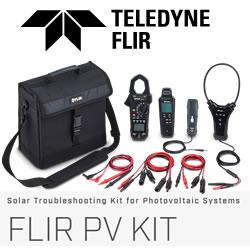RESEARCH SHOWS VENTILATED AUTO SEATS IMPROVE FUEL ECONOMY, COMFORT
The National Renewable Energy Laboratory has demonstrated that ventilated automotive seats not only can improve passenger comfort but also a vehicle's fuel economy because ventilated seats keep drivers and passengers cooler, so they need less air conditioning to be comfortable.
The U.S. Department of Energy's National Renewable Energy Laboratory (NREL) has demonstrated that ventilated automotive seats not only can improve passenger comfort but also a vehicle's fuel economy. That's because ventilated seats keep drivers and passengers cooler, so they need less air conditioning to be comfortable.
NREL's Vehicle Ancillary Loads Reduction team has been working with industry to try to reduce fuel consumption from air conditioning in cars and trucks. The use of ventilated seating is one way to cut air conditioning, and recent research shows that it works.
"If all passenger vehicles had ventilated seats, we estimate that there could be a 7.5 percent reduction in national air-conditioning fuel use. That translates to a savings of 522 million gallons of fuel a year," said John Rugh, project leader for NREL's Vehicle Ancillary Loads Reduction Project.
W.E.T. Automotive Systems Ltd. provided NREL with ComfortCools® seats for testing. Each seat contains two fans that pull air from the seat surface and out from underneath the seat. General Motors currently offers this ventilated seat as an option for the Cadillac STS.
Using its suite of thermal comfort tools and subjective test data, NREL measured improvement in human thermal sensation for the ventilated seats and the potential for a 7 percent reduction in air-conditioning compressor power.
NREL developed its thermal comfort tools to help the automotive industry design smaller and more efficient climate-control systems in vehicles. The tools consist of a one-of-a-kind thermal comfort manikin called ADAM (ADvanced Automotive Manikin) � which actually breathes and sweats � along with a physiological model and psychological model. Linked together, these tools assess comfort in a transient, nonhomogeneous environment, unlike other commonly used models based on steady-state, uniform environmental data.
NREL is the U.S. Department of Energy's (DOE) primary national laboratory for renewable energy and energy efficiency research and development. NREL is operated for DOE by Midwest Research Institute and Battelle.
Featured Product

